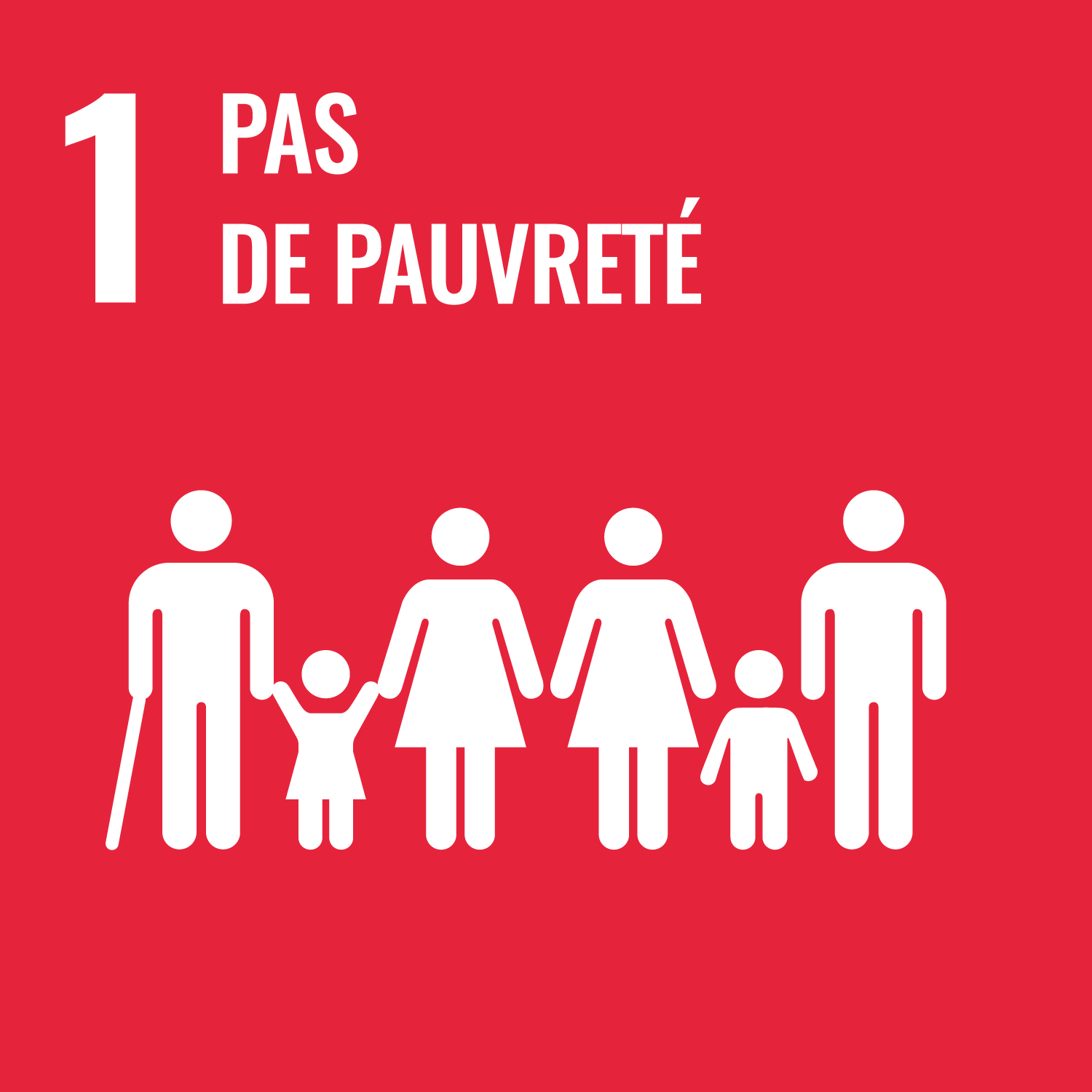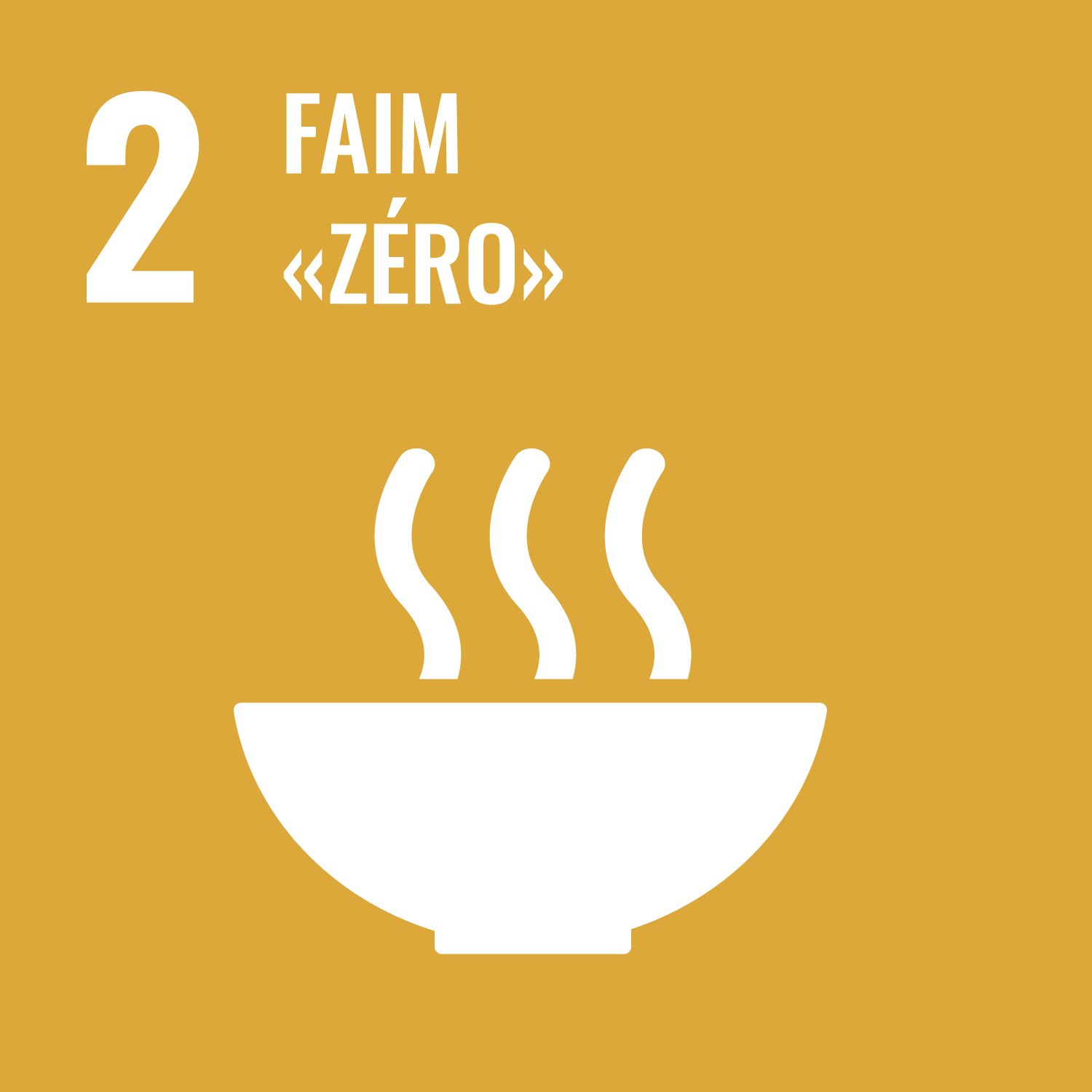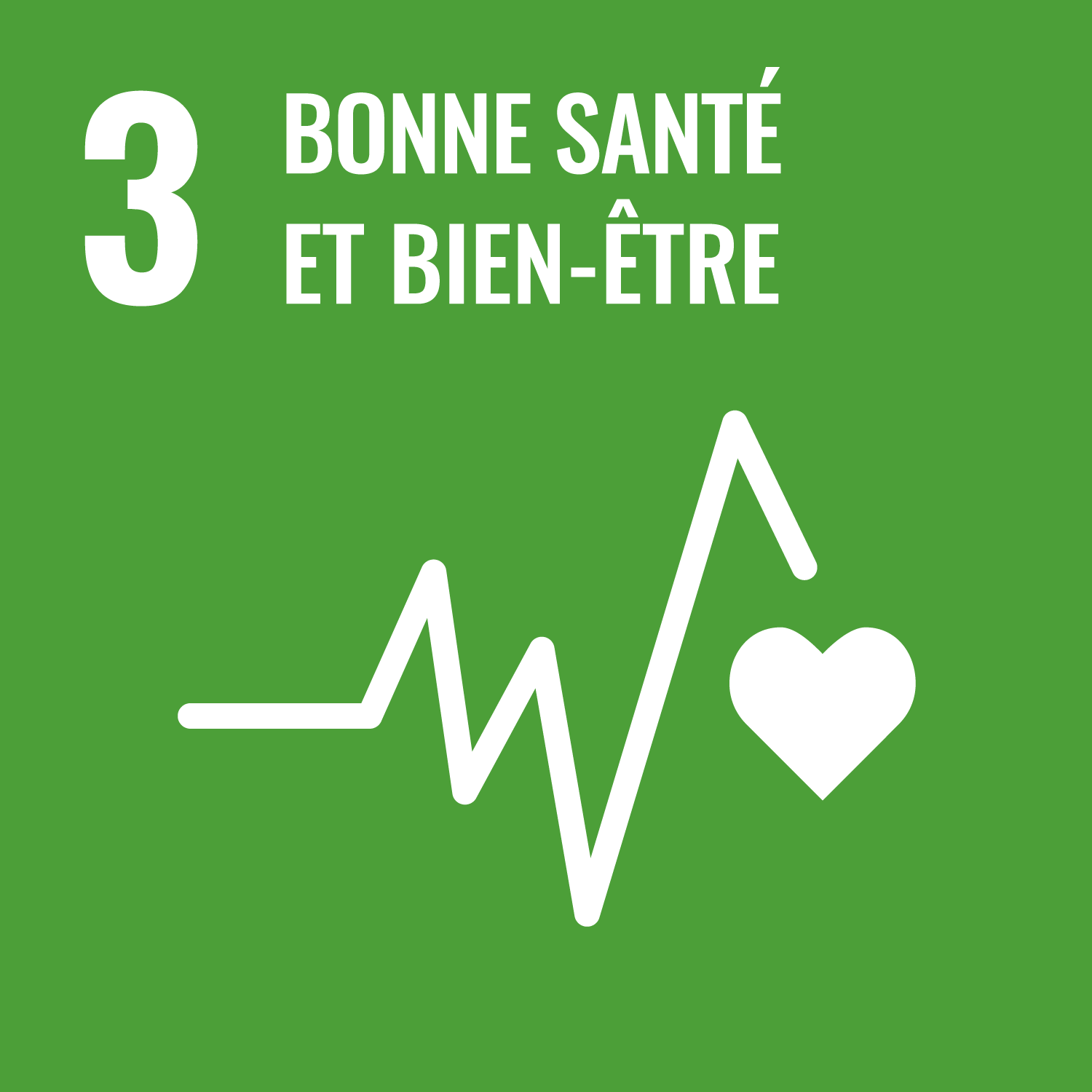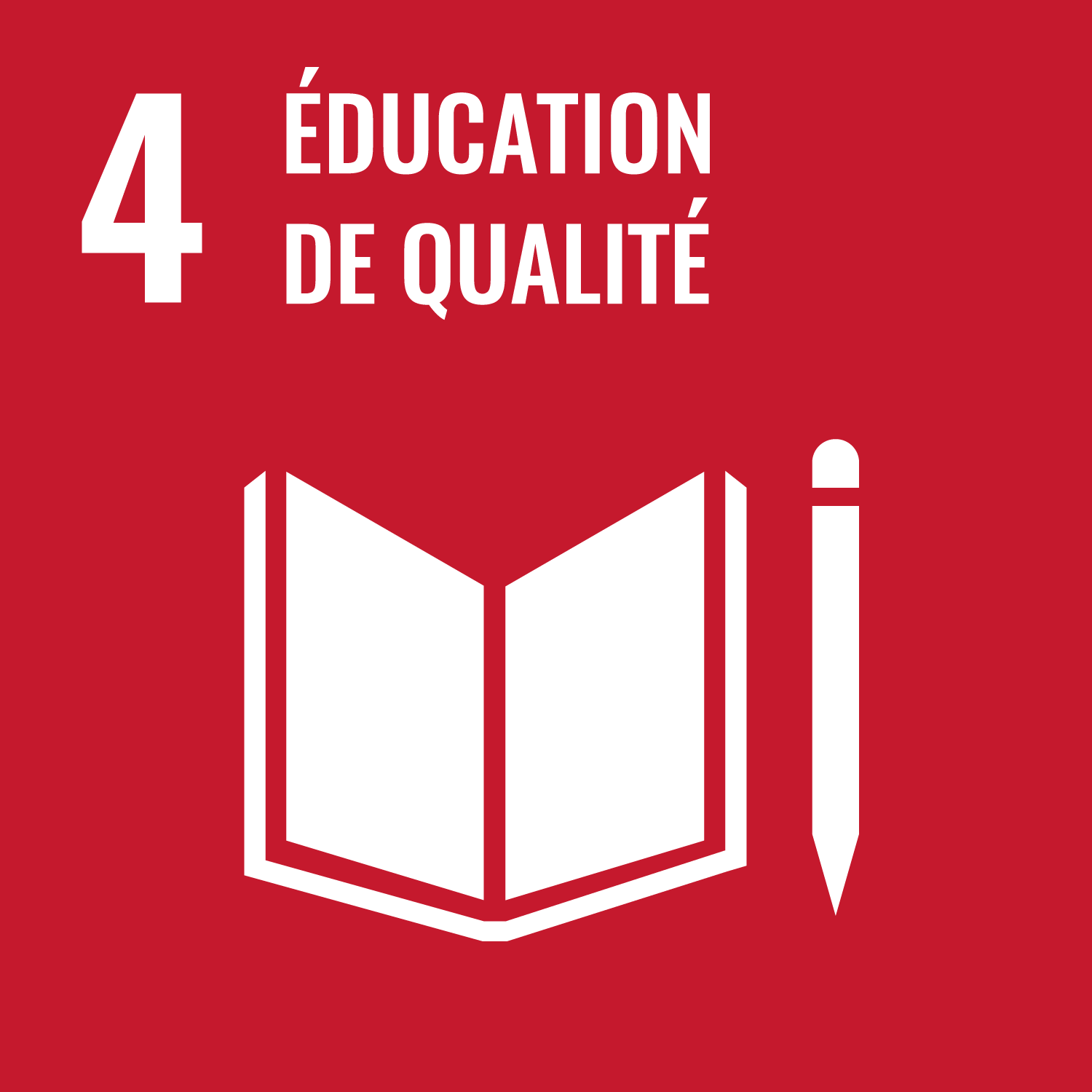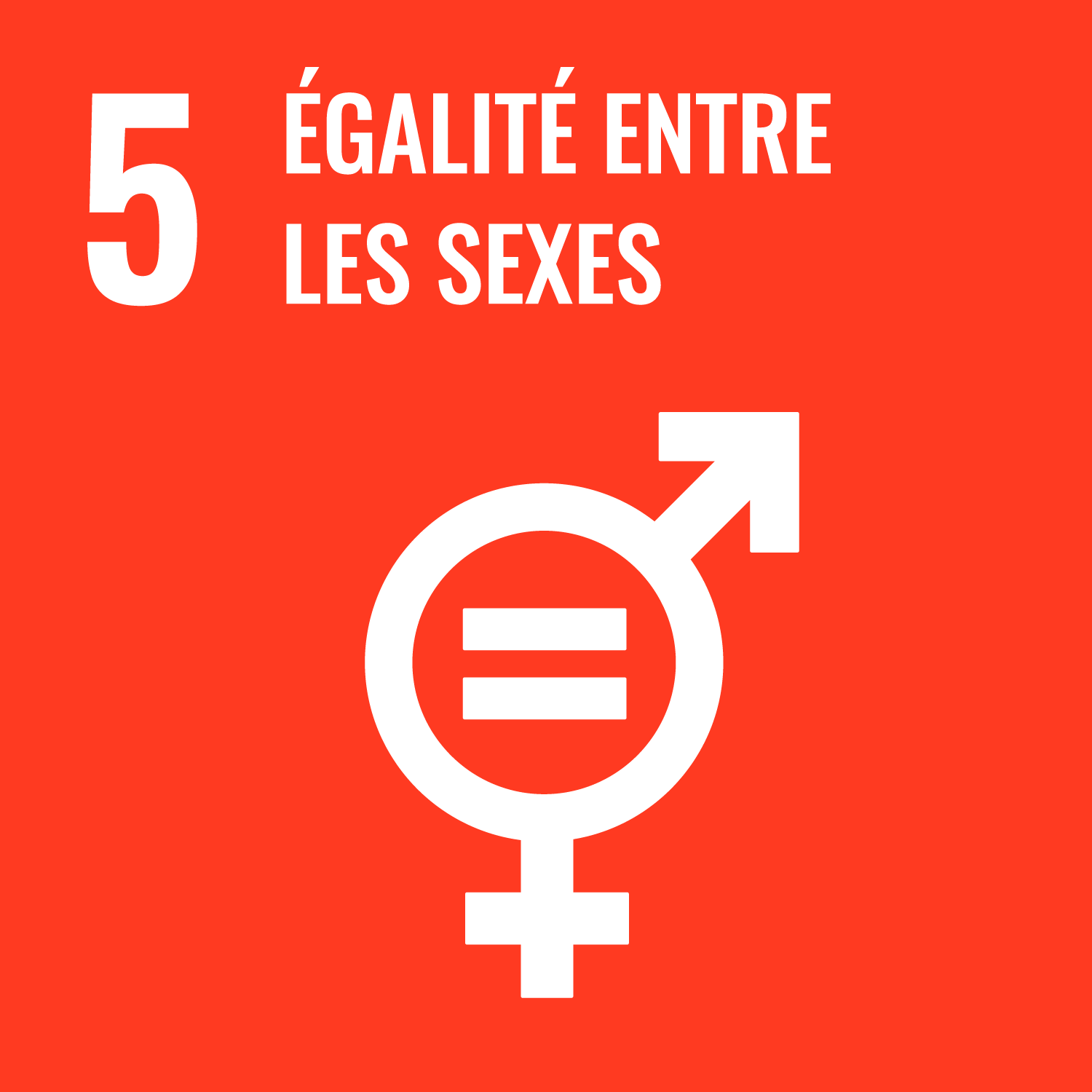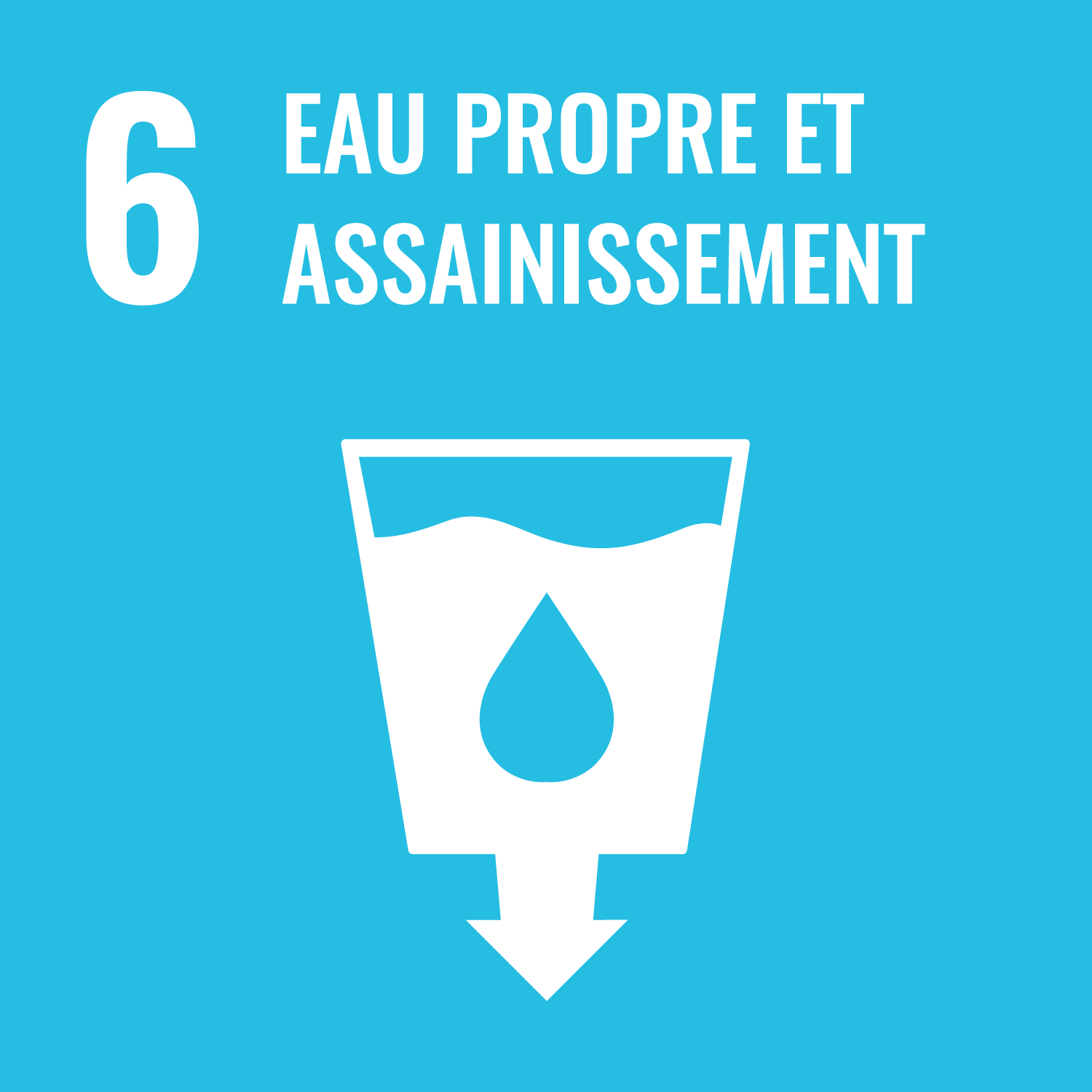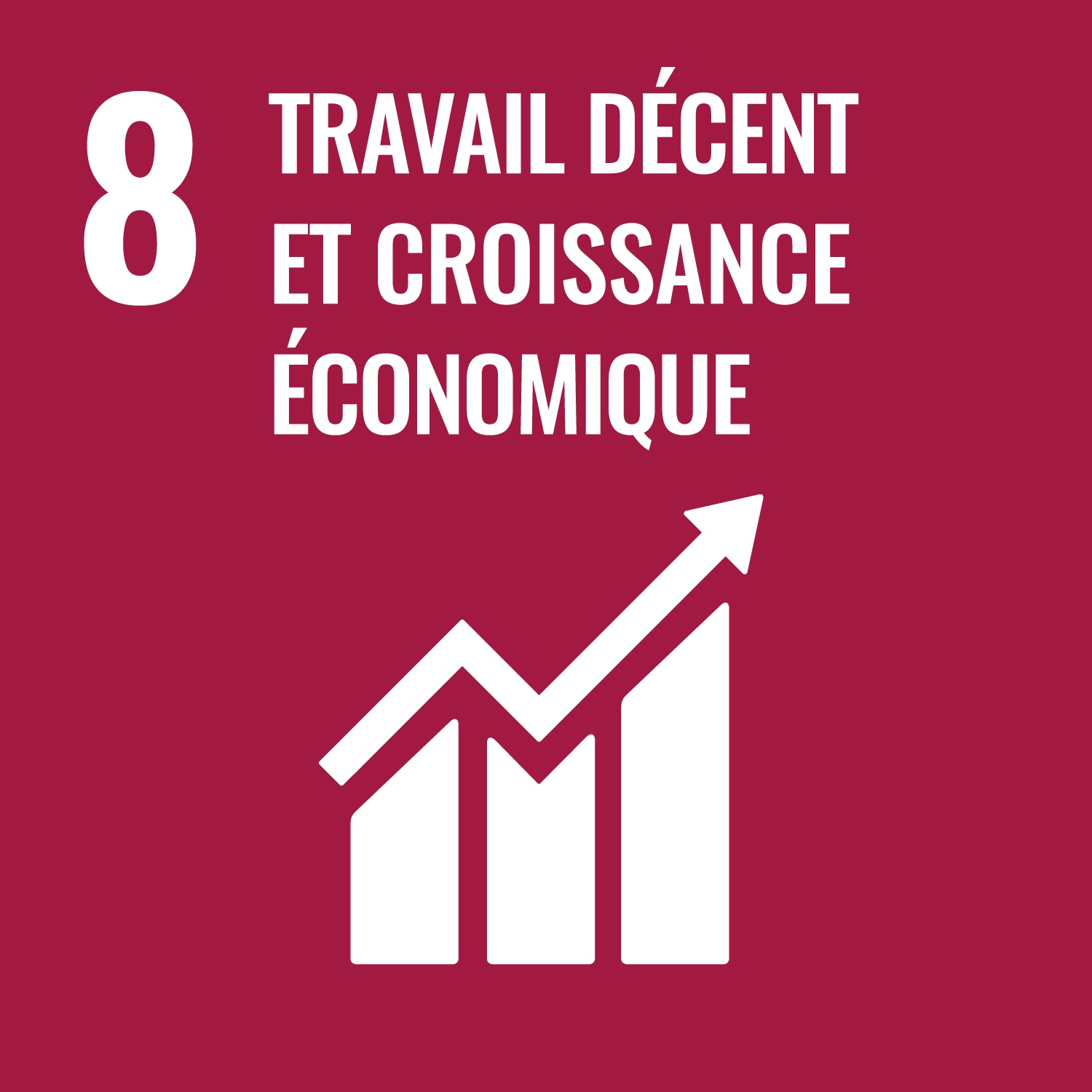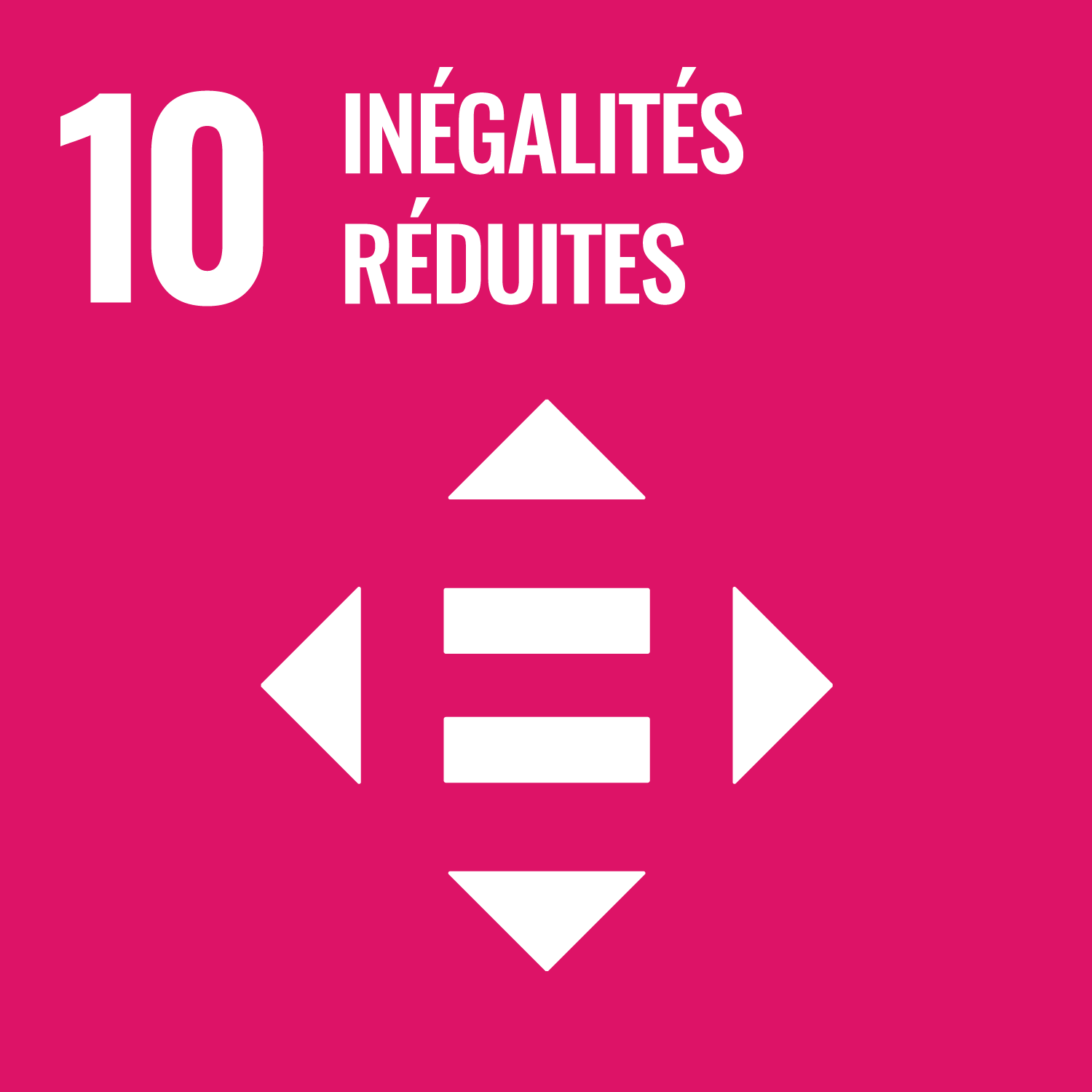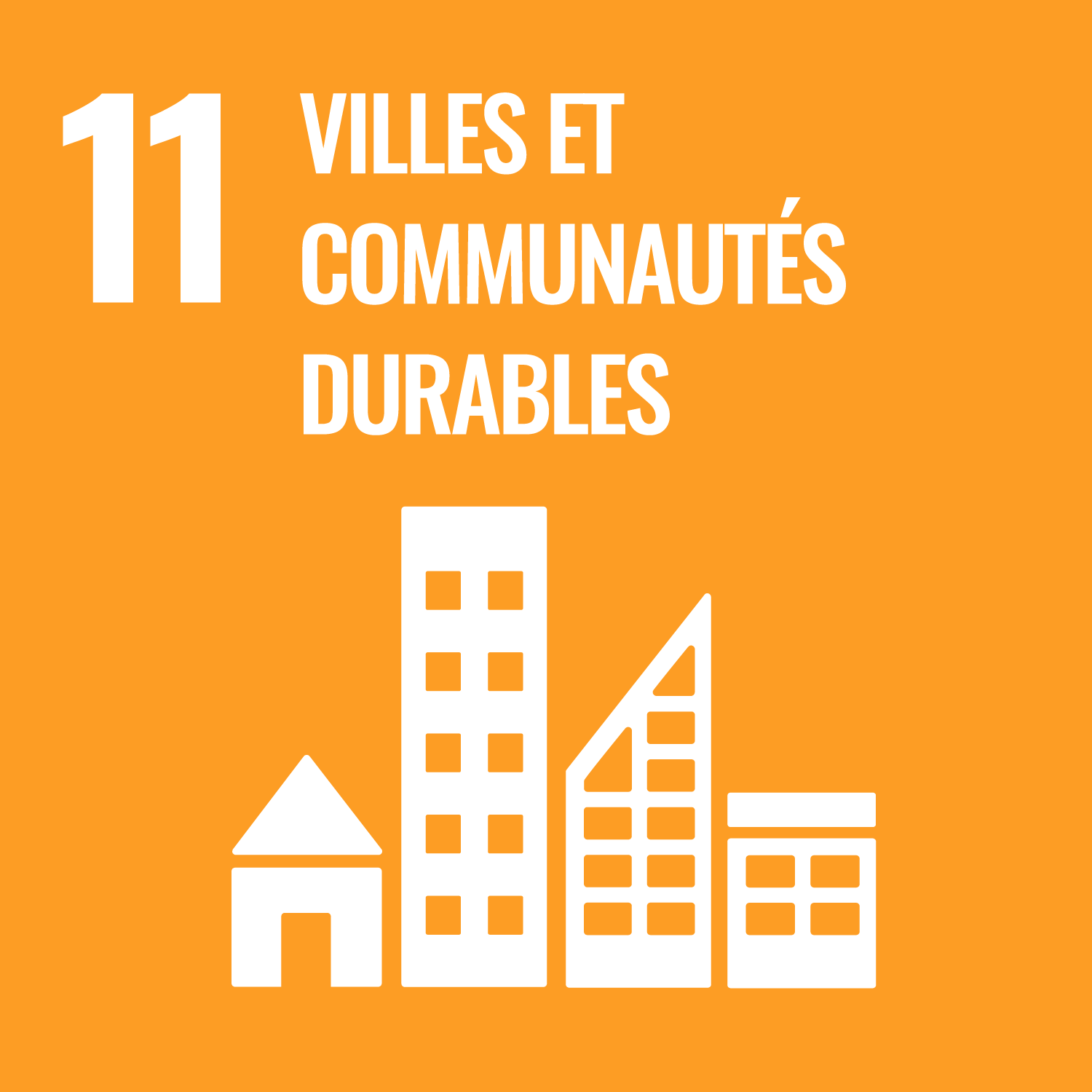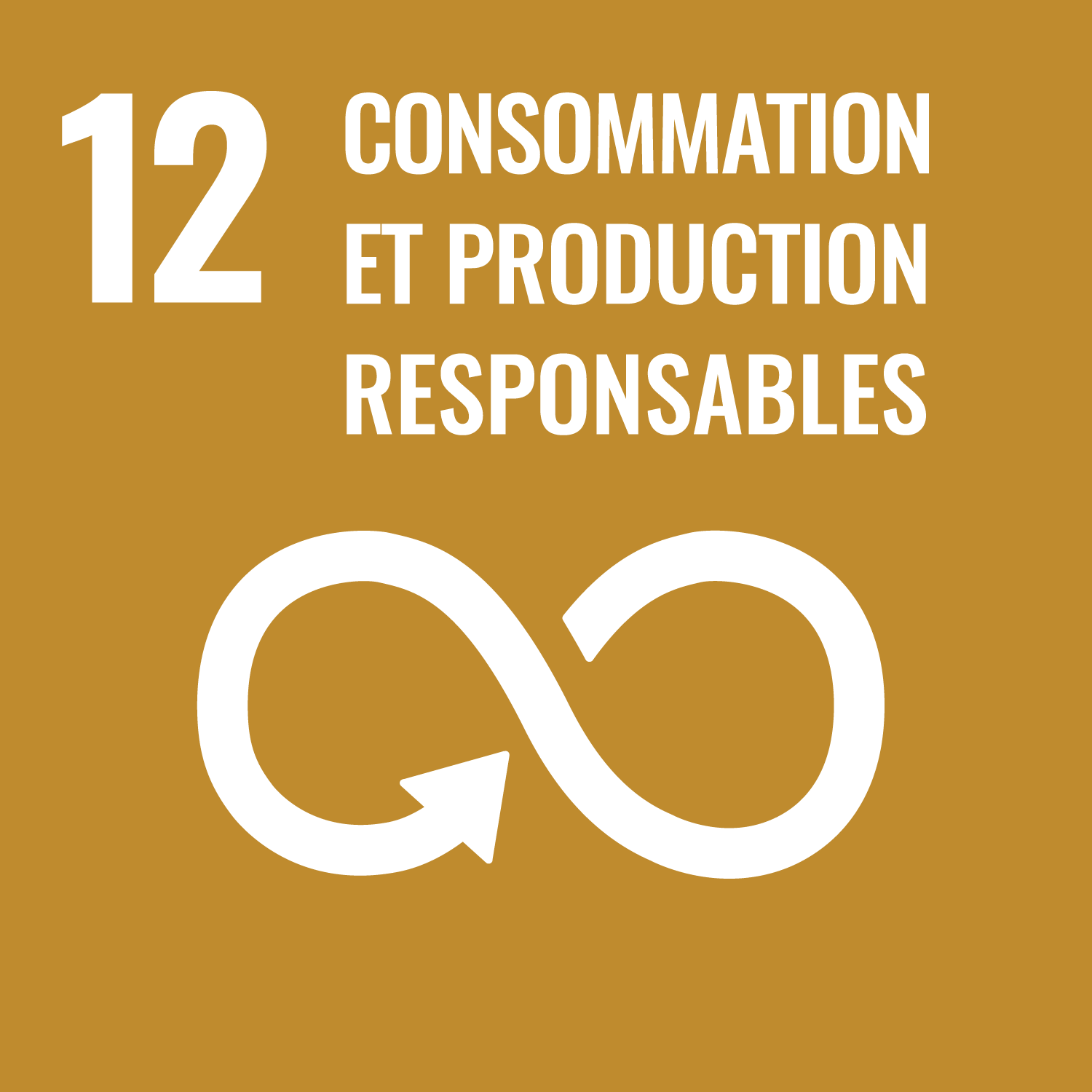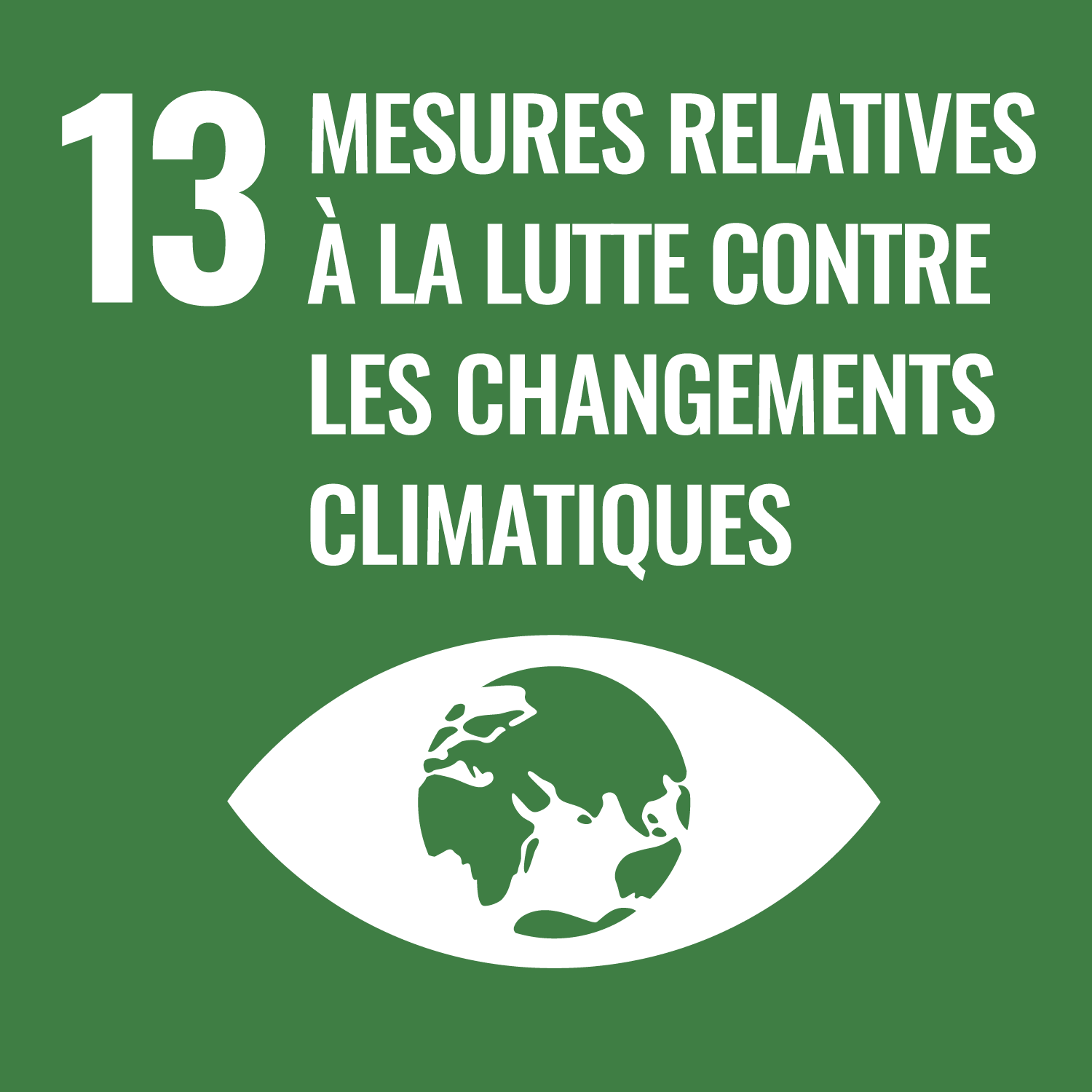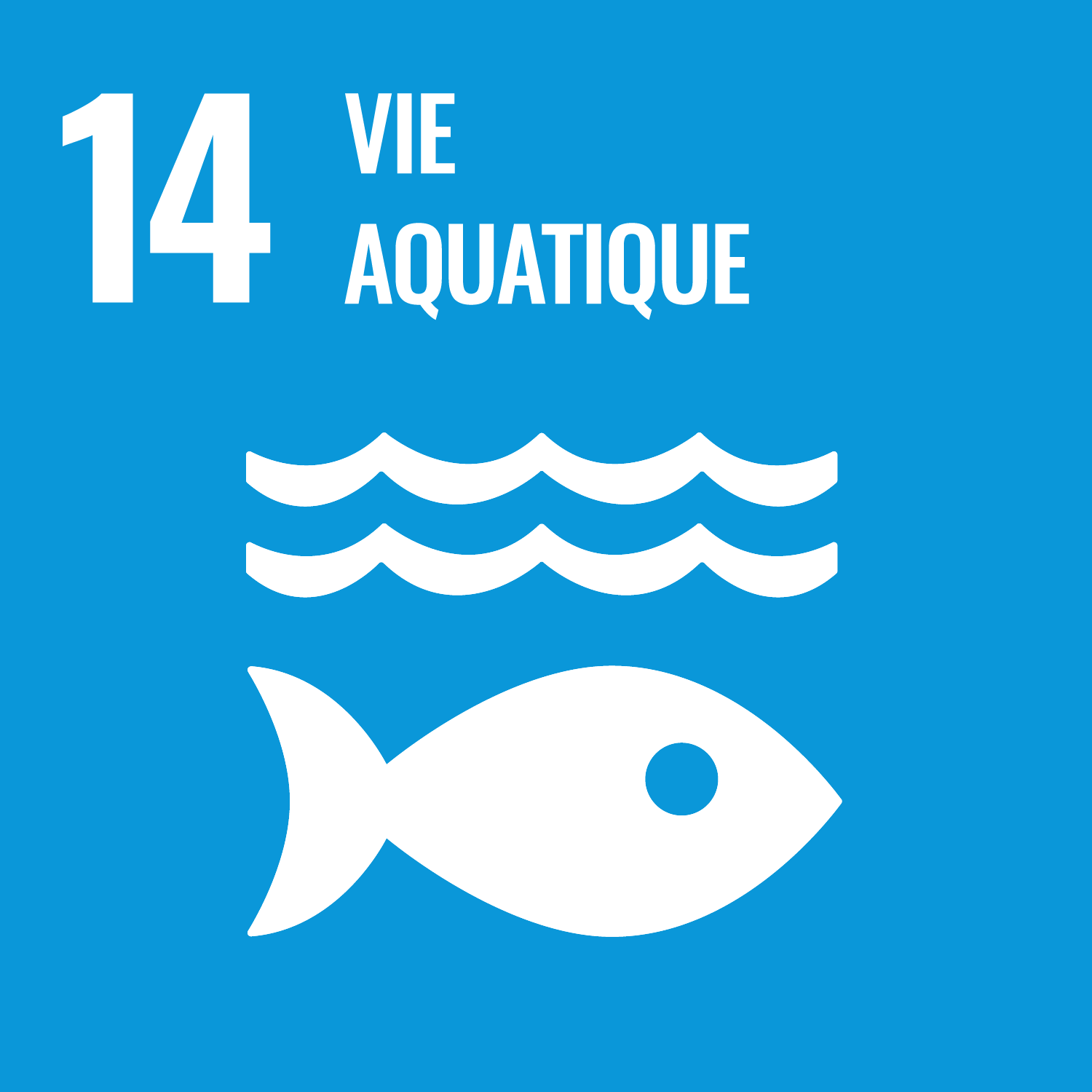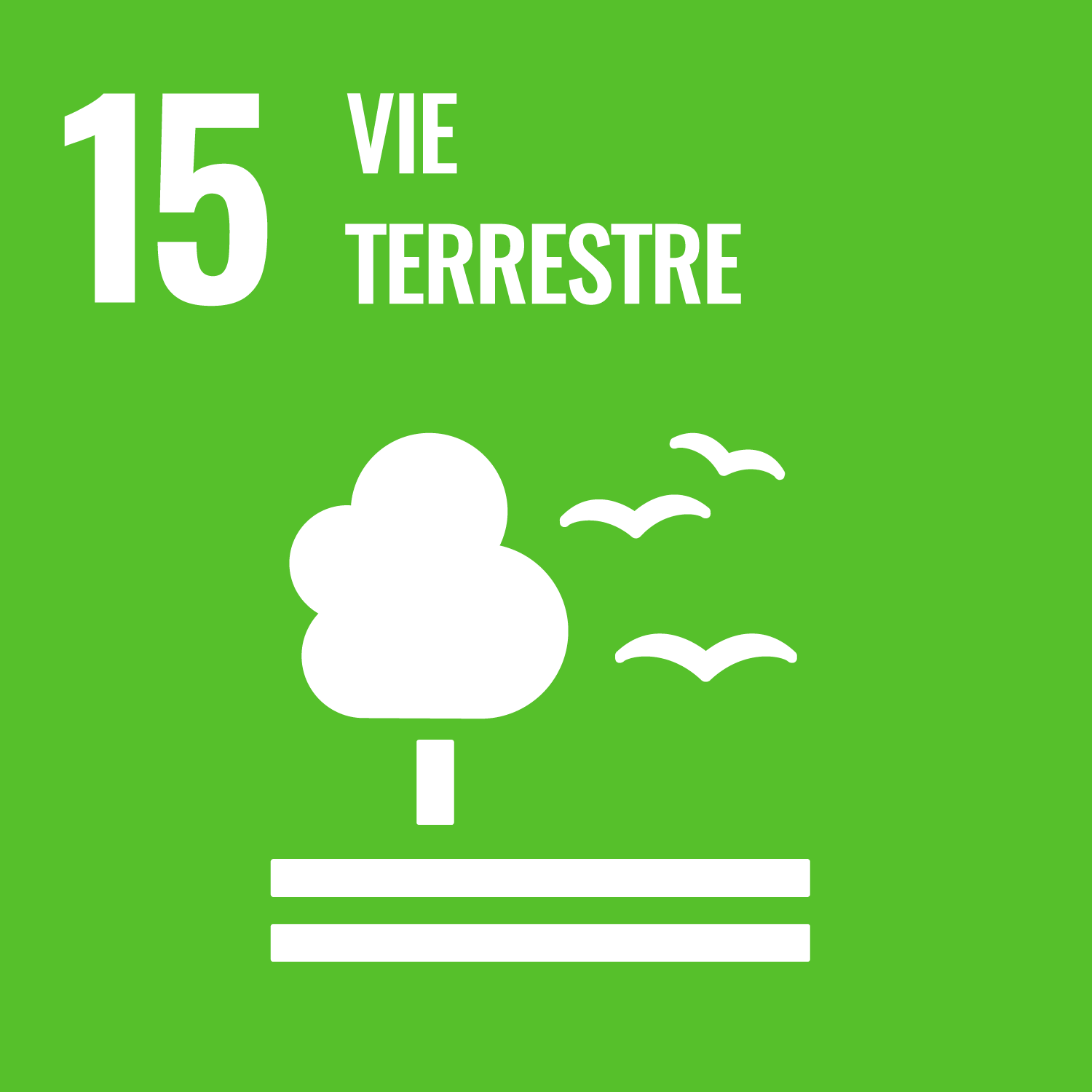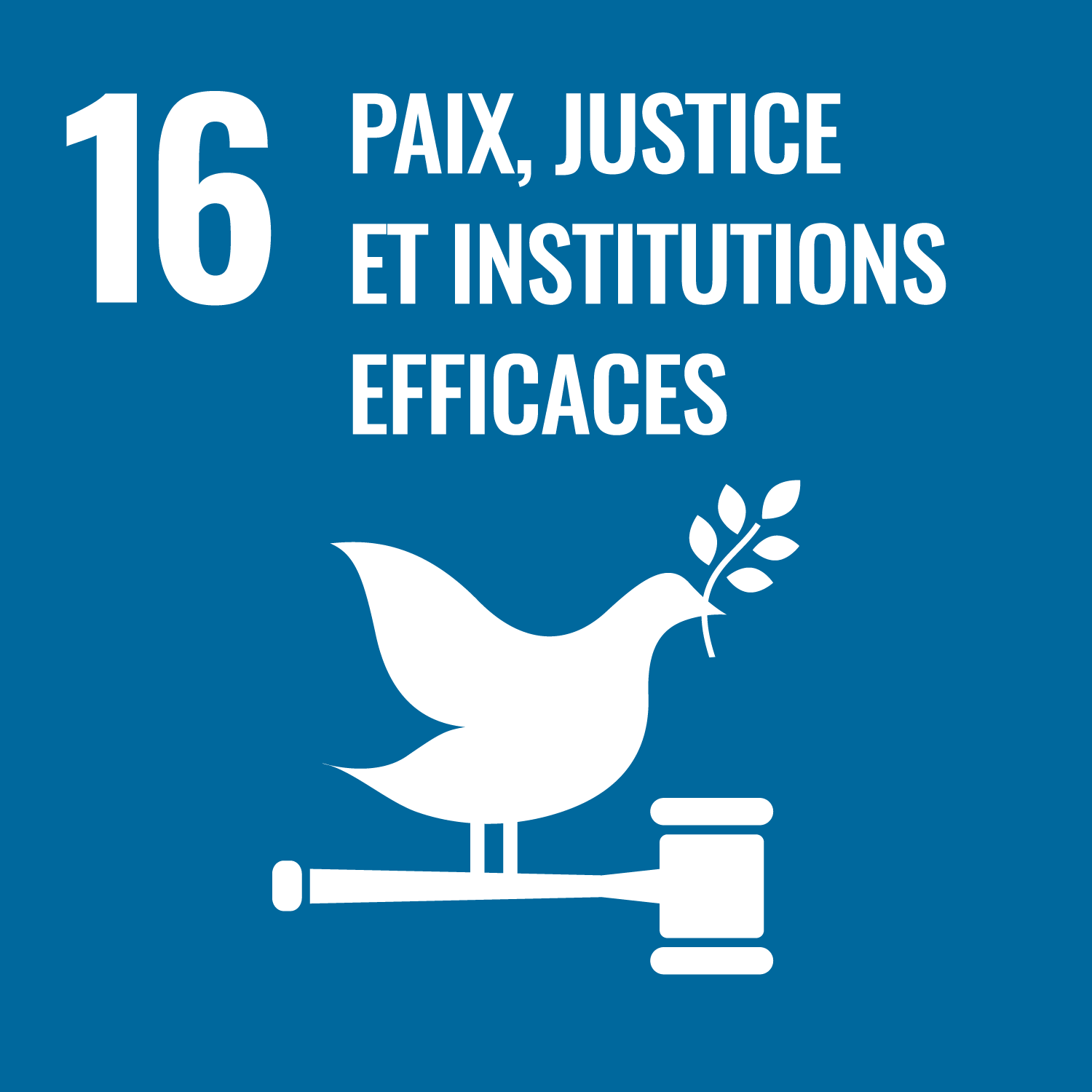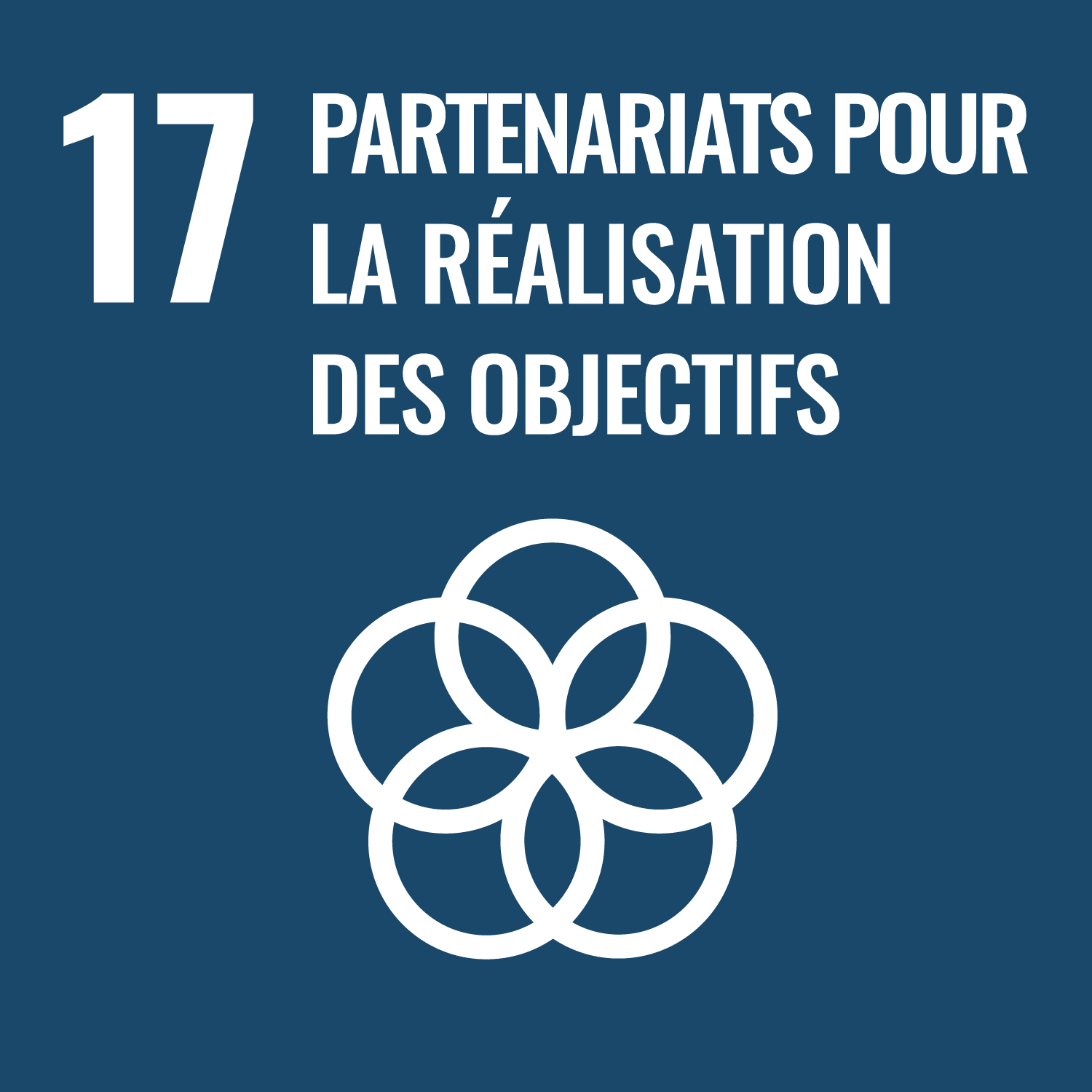Workplace Rights: Story of Janoki Gowala
When Lakkatora tea garden worker Janoki Gowala’s 15-year-old daughter Alomoni was suffering from severe stomach aches, she became helpless as the dispensary at the tea garden was not well equipped and she had no money saved to spend on her treatment. She finally managed to treat her daughter, but with a debt of five thousand Taka. Now, burdened with debt, the mother of three children works dawn to dusk to earn a living to repay the debt.
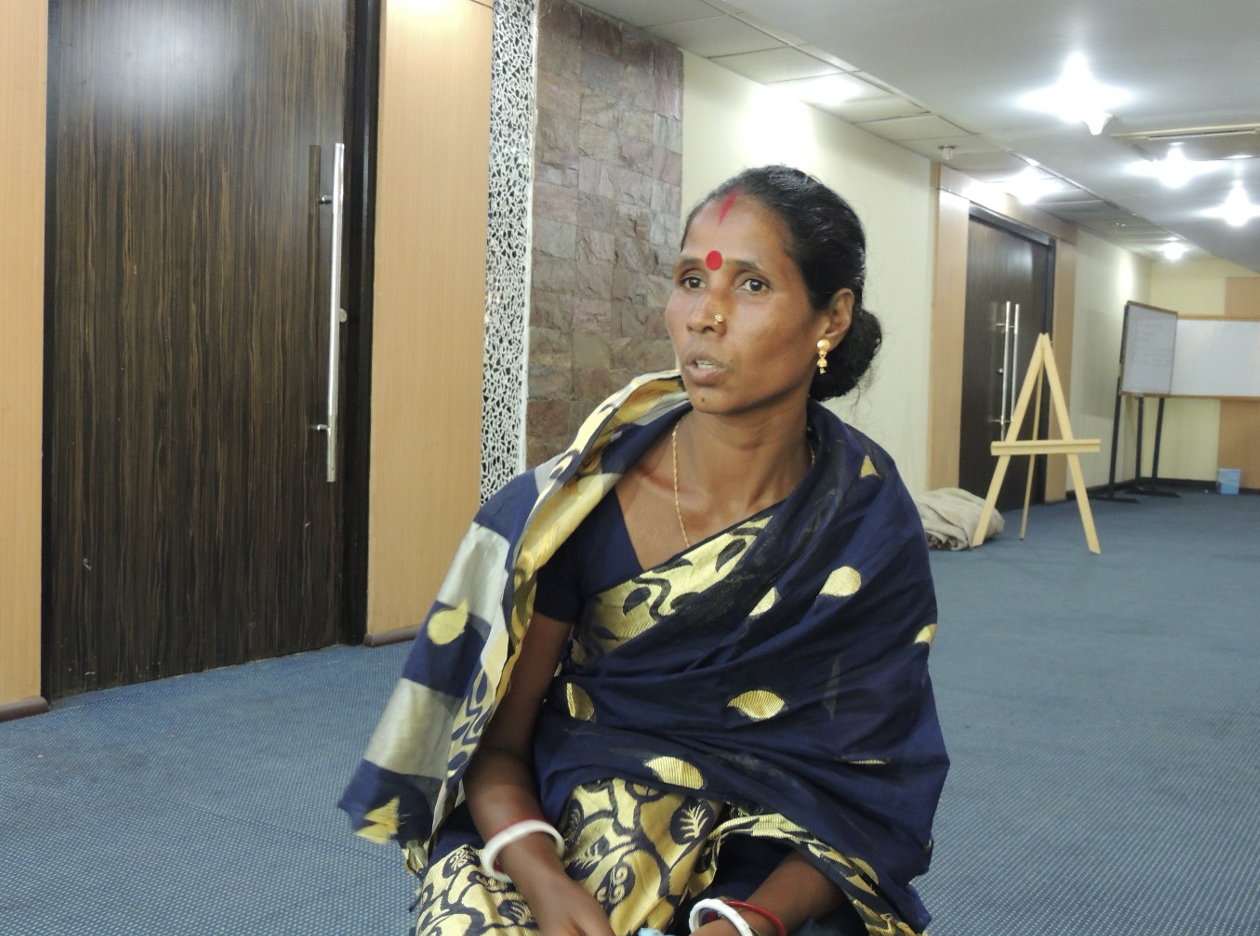
Janoki, a 35-year-old tea worker, starts her day at six in the morning. After preparing a simple breakfast for the family, she prepares her lunch box of plain rice and goes to work. She plucks tea leaves from 9:00am to 5:00pm with an hour lunch break, not just to fulfill the target of 23 kgs of leaves, but to pluck extra leaves so that she can earn additional money towards her daily wage. She often aims to pluck 70 to 80 kgs of leaves daily, only to earn an extra Tk 3 for every additional kg of leaves plucked.
Unfortunately, working as a tea garden worker for around 19 years, she was unaware of her workplace rights and all she knew was to earn a wage by plucking leaves.
However, a training organized by ILO changed Janoki’s way of life and instilled hope in her for a bright future. Through the training, Janoki has become informed about her rights and began to understand the ways in which she can achieve her legal rights.
“Now I know that there must be fresh drinking water and sanitary latrine facilities in the working area. And after claiming our rights to the authority, we are getting fresh water supply now,” she said. Janoki has not only become aware of her rights, but also knows the risks of unsafe drinking water from canals and not using a sanitary latrine.
Janoki is proud to know and to share workplace rights with her fellow workers, even though most of them are yet to be achieved. There is no cradle house for newborn children of tea workers, no sanitary latrine in the garden sections, no safety equipment for workers, not enough facilities to provide good medical care—and many more.
But the training has motivated Janoki to continue to fight for her rights.
“My elder daughter left school when she was in class nine, just because we couldn’t pay her school fees. But the training opened my eyes and I promised myself that no matter what, I will educate my younger daughter and only son,” she said.
Raising Awareness: Shulekha Roy
35-year-old Shulekha Roy was born and raised in a tea garden in Moulvibazar and came to Lakkatora Teagarden in the outskirt of Sylhet city after marriage some 20 years ago. Even though she was raised in a tea working family and married to another, she never worked as a tea worker till last year.
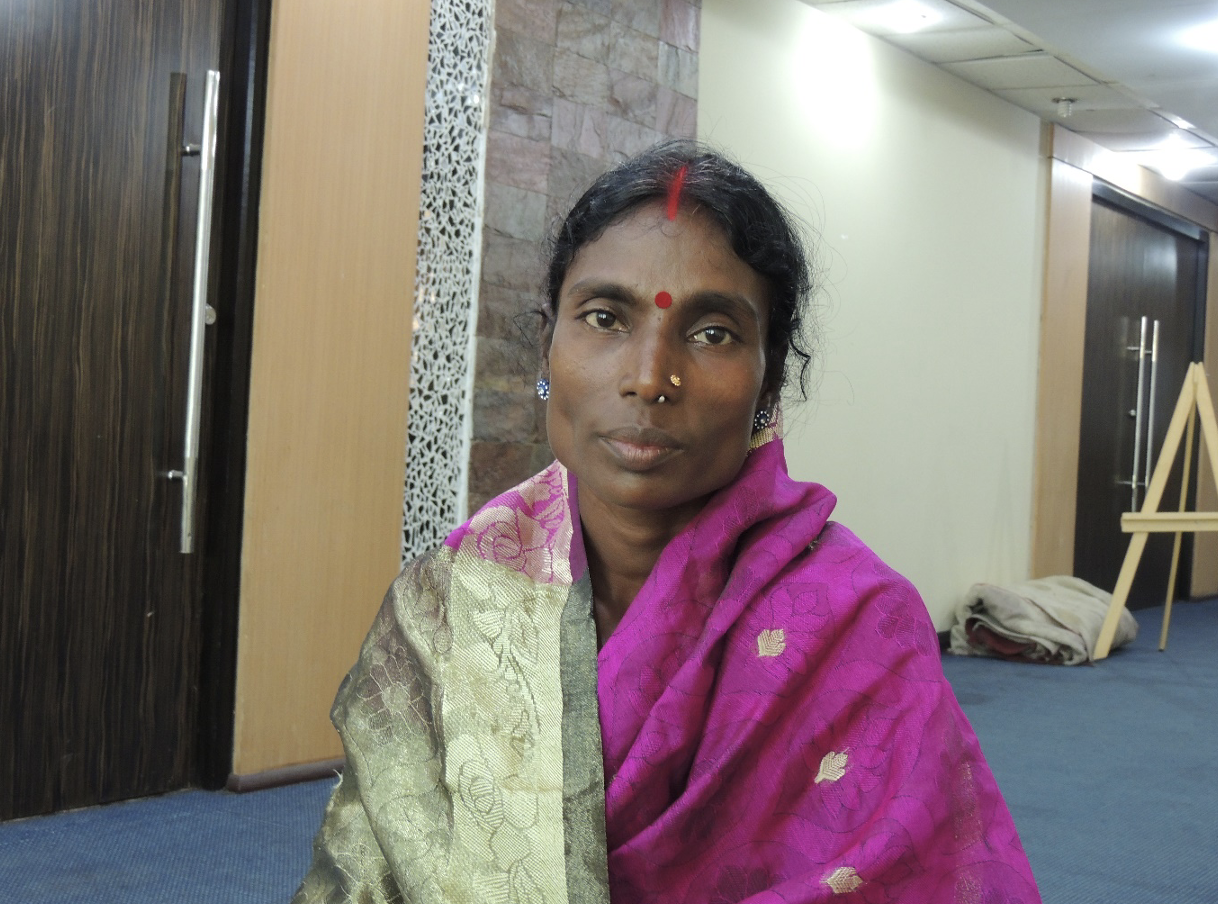
As her husband had to stop working in the tea garden, Shulekha, mother of two sons, started working as a tea labour. In her early days working in the tea garden, she was ignorant of her rights, but with the training provided by ILO and IPDS has opened her eyes.
“Now I know about my right to know how much tea leaves I genuinely plucked, rights of getting fresh drinking water, sanitation and safety gears at work, and many more,” she said.
However, only two of her rights are achieved through collection bargain with the authorities—fresh drinking water and the right to know how much tea leaves she plucked.
For 23kgs of leaves, tea workers are to get Tk 120 as daily wage with and for per kg of extra leaf, they get Tk 3 only.
Like Shulekha, all tea workers now understand their rights and they confirm the amount of plucked leaves after seeing the weighing machine themselves, to confirm how much they plucked.
Shulekha’s sons are studying at Sylhet Government High School situated near the tea garden and she wishes that someday, they will not have to work in the tea garden.


